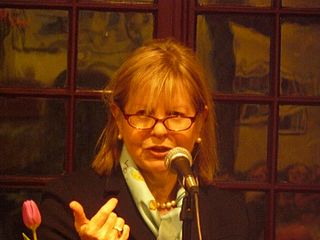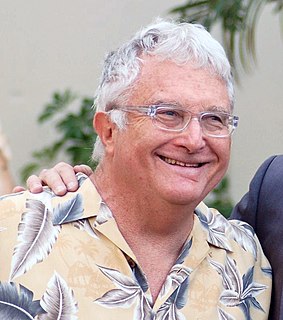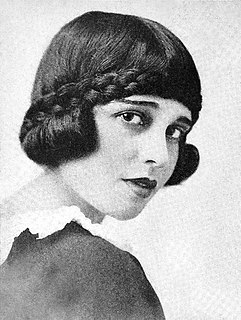A Quote by Susan Cheever
Writers often write their best when they are feeling their worst
Related Quotes
Writers often have a 'drunk' that is different than anyone else's. That's why it's so insidious and so damning. First of all, because they can write when they're drinking - or they think they can. A lot of writers will tell me - and this is the latest one I've heard - you drink while you're thinking about what to write, but when you actually write, you sober up.
Writing is not a great profession as a lot of writers proclaim. I write because this is something I can do. Another thing—very often I think a lot of writers write because they have failed to do other things. How many writers can’t drive? A lot. They’re not practical. They are not capable in everyday life.
At best, the relationship between drama critic and playwright is a pretty twiggy affair. When I'm asked whom I write for, after the obligatory, I write only for myself, I realize that I have an imaginary circle of peers - writers and respected or savvy theatre folk, some dramatic writers and some not, some living, some long gone. . . . Often a writer is aware as he works that a certain critic is going to hate this one. . . . You don't let what a critic might say worry you or alter your work; it might even add a spark to the gleeful process of creation.


































